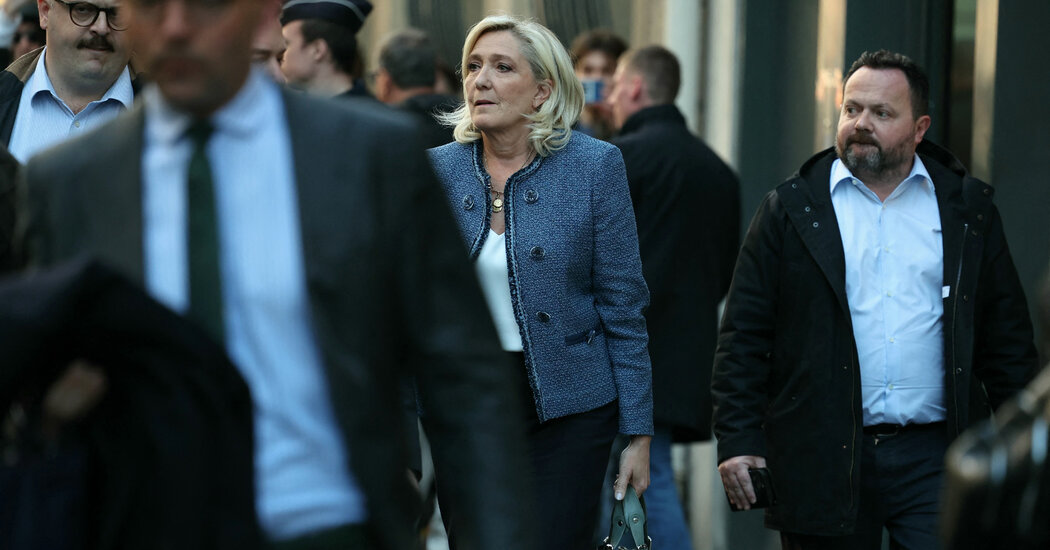The Turbulent Political Landscape in France
Last year, Marine Le Pen ominously warned about the potential repercussions of her trial for embezzlement. She stated, “Tomorrow, potentially, millions and millions of French citizens will find themselves deprived of their presidential candidate.” Following a court ruling on Monday that banned her from holding public office for five years, those millions of French voters are now adrift and increasingly frustrated.
France prides itself on being a democracy governed by the rule of law, a principle that was underscored by the recent verdict. However, the question looms large: how much can the turbulent Fifth Republic withstand an inevitable storm of political protests as the 2027 elections draw nearer?
Unlike former President Donald Trump, who faced multiple convictions, indictments, and legal challenges on his path to the presidency last year—often perceived as being politically persecuted—Le Pen has struggled to navigate a political path around the judicial ruling that impacts her future.
Valérie Hayer, a centrist legislator in the European Parliament, emphasized the importance of the legal system, stating, “The independence of our judicial system and the separation of powers are the bedrock of our democracy. No one is above the law.”
This perspective is likely to encounter relentless attacks, especially in a global climate where questioning the legitimacy of legal systems has become commonplace. This trend is evident across Europe, but it is particularly pronounced in the United States under Trump’s influence. Trump has openly called for the removal of judges who rule against him, labeling them as “lunatics.”




